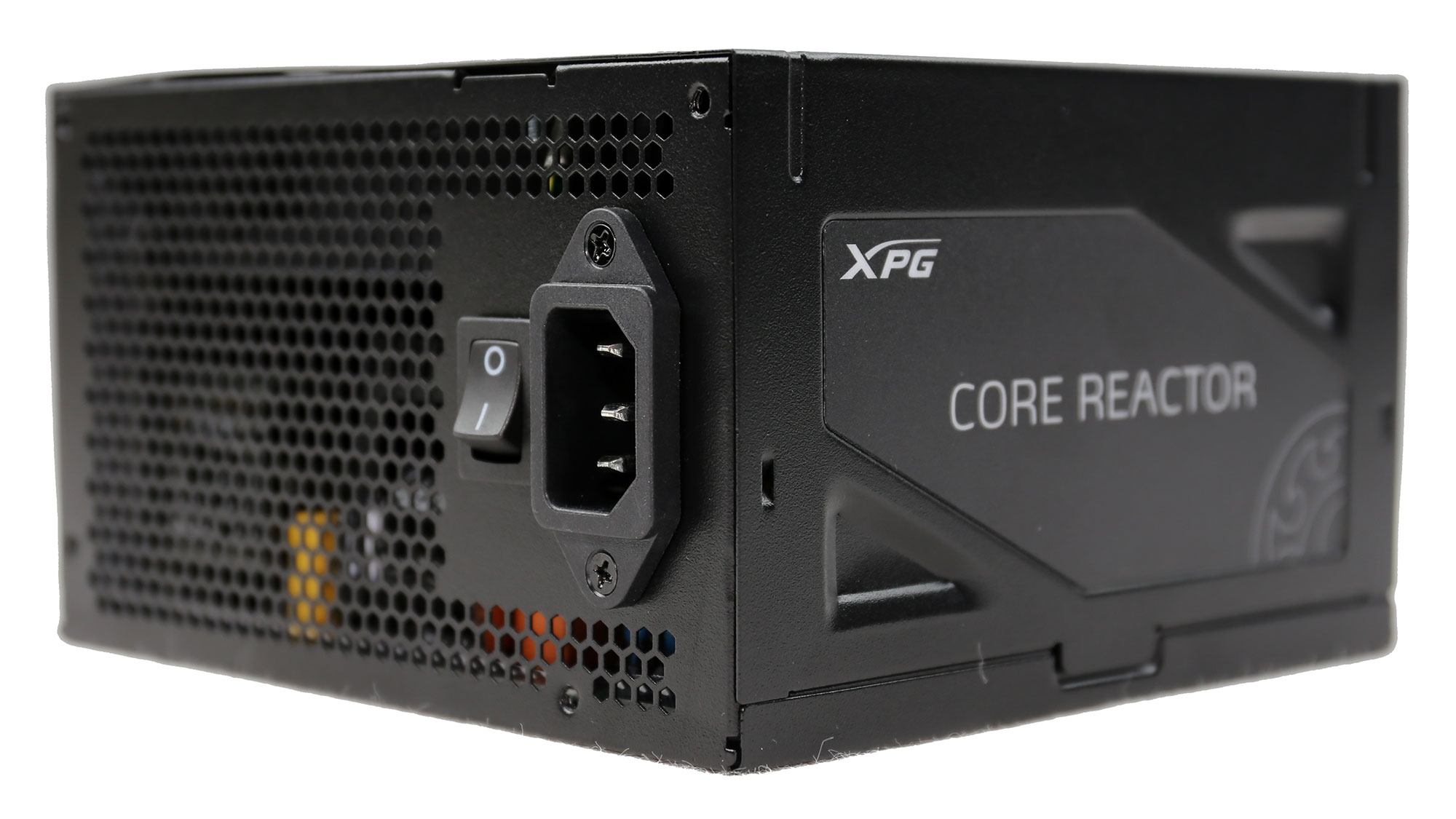Why you can trust Tom's Hardware
Adata does a strong come back in the PSU market, through its XPG sub-brand. The Core Reactor units offer high performance and increased reliability, thanks to the modern platform from Channel Well Technology, which uses good parts. In the output noise area, there is room for improvement, though, given that the Corsair RMx line has set the bar pretty high in this section. Even the noise that the PSU makes can be a problem for sensitive users.
The main problem with the XPG Core Reactor 850W is the stiff price, especially if we take into account that the Corsair RM850x is more affordable. The price is so high, though, because the XPG unit is fully compatible with the newest ATX spec, meaning that it offers >70% efficiency with 2% of its max-rated-capacity load and on top of that it is compatible with the alternative sleep mode, thanks to the <150ms Power-Ok delay. The hardware changes required for meeting all requirements of the newest ATX spec (revision 1.42) increase the manufacturing cost, and this explains the higher price of the XPG Core Reactor units compared to the similar capacity Corsair RMx ones, which are not fully in line with the ATX12V v1.42.
If you don't want to spend so much money and practically don't care about the alternative sleep more support and the high efficiency under light loads, you could take a look at the RM850x (or the RM850) and the more expensive EVGA 850 G3, which is among the best PSUs in this category.
MORE: Best Power Supplies
MORE: How We Test Power Supplies
MORE: All Power Supply Content
Disclaimer: Aris Mpitziopoulos is Tom's Hardware's PSU reviewer. He is also the Chief Testing Engineer of Cybenetics and developed the Cybenetics certification methodologies apart from his role on Tom's Hardware. Neither Tom's Hardware nor its parent company, Future PLC, are financially involved with Cybenetics. Aris does not perform the actual certifications for Cybenetics.
Get Tom's Hardware's best news and in-depth reviews, straight to your inbox.

Aris Mpitziopoulos is a contributing editor at Tom's Hardware, covering PSUs.
-
Olle P Hardware-wise this seems like a great PSU.Reply
One good thing that wasn't listed is that the housing actually adhere to the ATX-format! (Most PSUs have the wrong length.) -
Darkbreeze There are no standards for depth on ATX power supplies. They vary from model to model and it has been that way since forever. Even within the same brand. This is nothing new. There is no ATX format regarding depth for it to adhere TO.Reply
Aris. Any idea yet whether all three capacities of this power supply are using the same platform and have the same expected or similar performance and characteristics or no idea at this time? Thanks. -
Yeca I got one of this recently for a new build, and being the paranoic person that i am, i bought a psu tester and it showed a 80ms PG result. The 12V, 5V and 3.3V results were alright. Is this something i should worry about?Reply -
Yeca Reply
Got it, thanks!Darkbreeze said:You should start your own thread. This is not the place for such questions.
